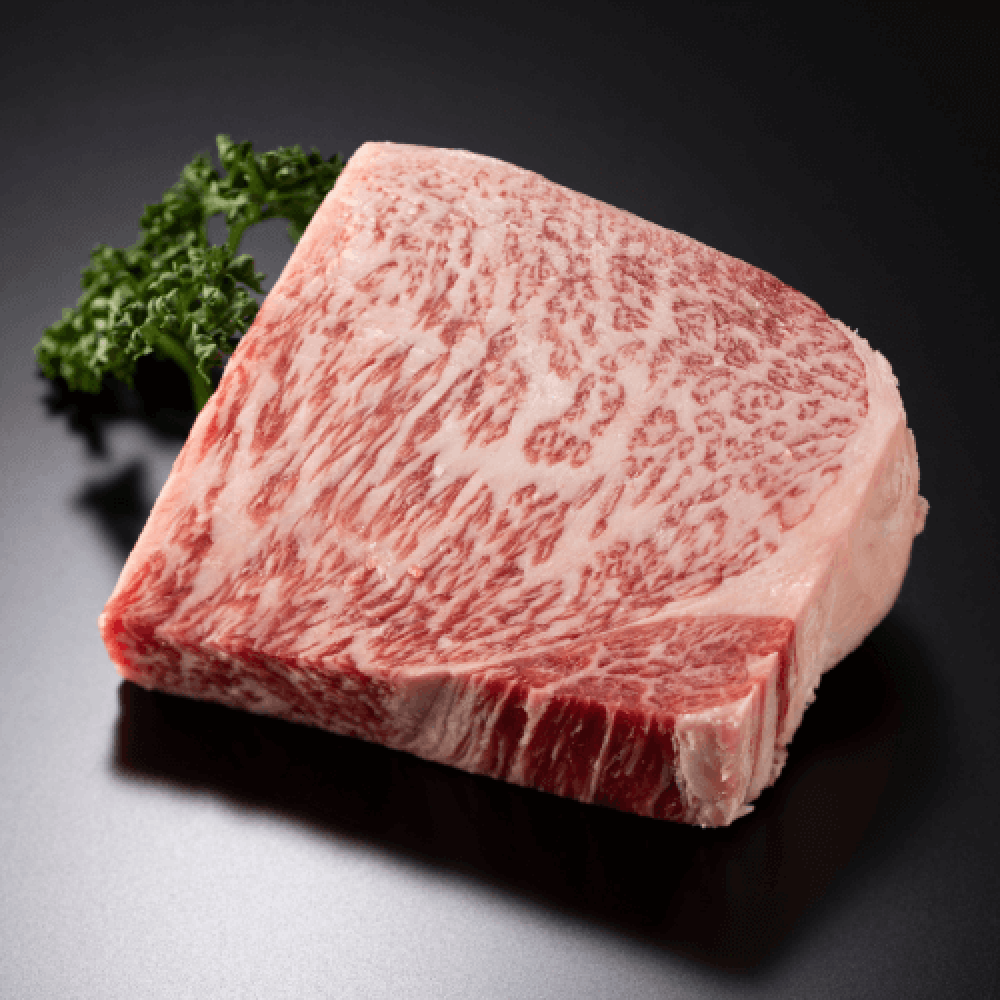Why is Wagyu beef so expensive
Explaining Wagyu beef - what is it Makes these shiny meats expensive and is it worth the price?
Learn more about meat The deliciousness is what makes it so expensive.
Help the rich taste of wagyu beef with luxurious marbling - Combined with its high price - which diners then digest - has helped make this meat one of the most popular dishes in the world. But since wagyu beef has grown in reputation for the variety, appearing in dry-aged steaks and bite-sized sandwiches alike, you also have questions about whether the wagyu taste is worth indulging in your savings account? Here's how we can all be better prepared to make an informed decision the next time stores try to sell us on their wagyu offerings.
About Wagyu Meat
Wagyu, literally translated, is "Japanese cow". , the inaccurate hint that the characteristics of the beef you're about to eat are determined by birth—and where it was born. To be eligible for wagyu designation in Japan, a purebred cow must be genetically related to one of the four breeds born in Japan: Akage Washu (Japanese brown), Kuroge Washu (Japanese black) ), Mukaku Washu (Japanese polled), or Nihon Tankaku Washu (Japanese shorthorn). Chosen primarily for their stamina and willingness to marbling - the white flecks of muscular fat you'll see scattered all over a piece of lean pink meat - the heritage and subsequent feeding of these breeds is what commands the higher price.
Japanese Wagyu Beef Steak
According to a Business Insider report, an adult cow can sell for up to $30,000. Like many superfoods, sky-high prices are due in part to the product's idiosyncrasy, the experience it provides to customers, and the expenses incurred by breeders, such as the price of importing concentrated feed needed to expand the waistlines of cows. Before slaughter, a cow raised for wagyu meat can accumulate up to 50% of its own weight in fat thanks to a careful feeding routine, which can continue for up to two years. The payoff — and the reason farmers, restaurants, and ultimately customers are willing to spend any amount necessary — comes down to taste. When cooked, the marbling fat dissolves into the muscle fibers within the steak, helping it retain moisture and stay in a liquid state.
Another bonus added? According to Eat This, Not That! The ratio of monounsaturated to saturated fat is higher in wagyu than in other red meats, making it an attractive option for those with dietary restrictions.
If this is Wagyu, what is Kobe beef?
If you're thinking As for what is wagyu and what isn't, you've likely come across Kobe meat and have a few questions. All Kobe beef is wagyu specifically of the Korogi Washu breed, but to qualify as Kobe beef, these beefs must carry a specific breed generally recognized to produce a higher proportion of marble known as the Tajima or Tajiri breed. Additionally, for it to be called Kobe beef, the cow in question must have been born, raised, and slaughtered within Japan's Hyogo Prefecture, which just so happens to include the city of Kobe. While Cuban beef is one of the most popular types of wagyu, it is not the only one, with different regions serving different types of wagyu such as bongo and miyazaki; Over 300 varieties of wagyu are available.
Each regional variety of wagyu carries with it different regulations, with all wagyu rated on a rating scale from A1 to A5. An A5 rating is the highest grade given, and only wagyu rated A3 to A5 are available for sale in Japan. As Forbes notes, the United States began allowing imports of small quantities of Kobe beef in 2012, and while many restaurants claim they include Kobe beef In everything from meatballs to cheesesteaks due to the gray area created by USDA labeling laws, as of 2018 Japan exports only 600 pounds of Kobe beef.
< br>
What about the American and Australian wagyu? Is this authentic or just a gimmick?
Although wagyu references are often associated with Japan, promotion of American made wagyu menu items - like Arby's Wagyu Steakhouse Burger - makes previously difficult food item purchases more accessible for those curious about the taste of meat. The difference is that American wagyu is usually a mixture of Angus beef and a variety of wagyu.
Australia predominantly breeds with Holstein cows. While American wagyu tends to lack the strong umami sensation similar to that of Japanese wagyu, its thicker flavor and easier pricing at $10 to $15 per pound has plenty to offer.

